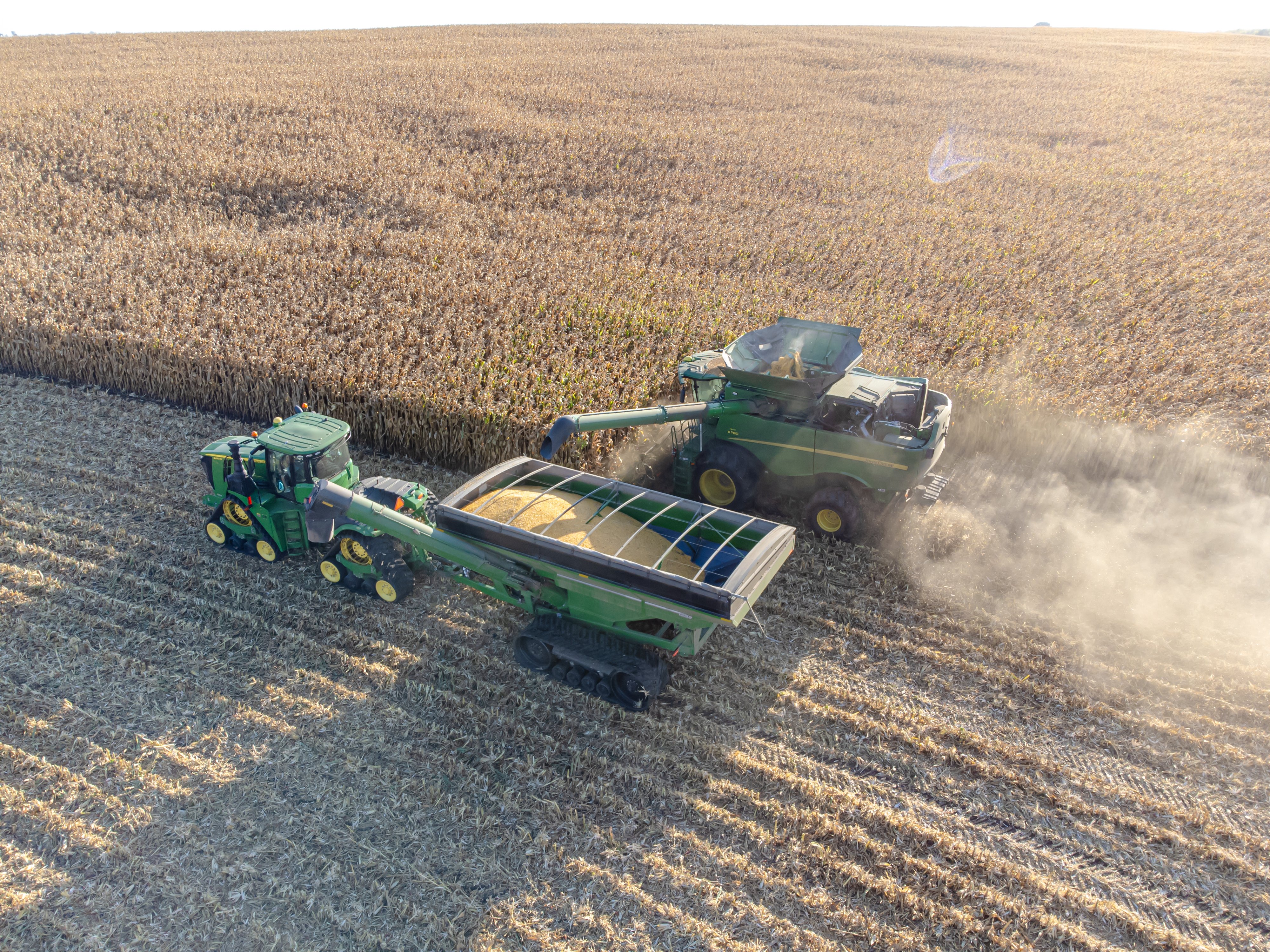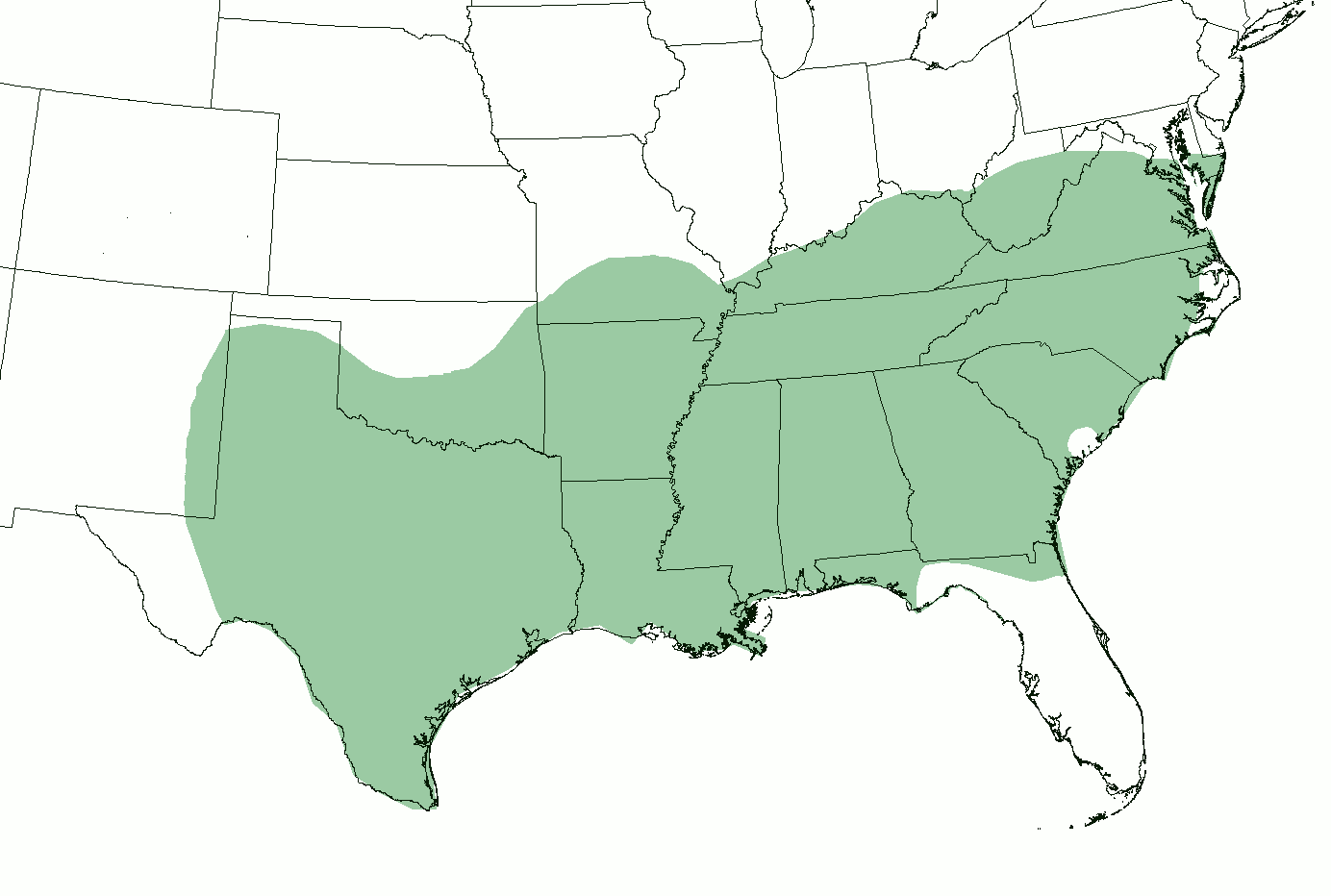|
Initial-stress-derived Noun
Initial-stress derivation is a phonological process in English that moves stress to the first syllable of verbs when they are used as nouns or adjectives. (This is an example of a suprafix.) This process can be found in the case of several dozen verb-noun and verb-adjective pairs and is gradually becoming more standardized in some English dialects, but it is not present in all. The list of affected words differs from area to area, and often depends on whether a word is used metaphorically or not. At least 170 verb-noun or verb-adjective pairs exist. Some examples are: * ''record''. ::as a verb, "''Remember to recórd the show!''". ::as a noun, "''I'll keep a récord of that request''." * ''permit''. ::as a verb, "''I won't permít that.''" ::as a noun, "''We already have a pérmit''." Origins Since Early Modern English, polysyllabic nouns in English have had a tendency for the final syllable to be unstressed, but that has not been the case for verbs. Thus, the stress differe ... [...More Info...] [...Related Items...] OR: [Wikipedia] [Google] [Baidu] |
Phonology
Phonology (formerly also phonemics or phonematics: "phonemics ''n.'' [''obsolescent''] 1. Any procedure for identifying the phonemes of a language from a corpus of data. 2. (formerly also phonematics) A former synonym for phonology, often preferred by the American Structuralists and reflecting the importance in structuralist work of phonemics in sense 1.": "phonematics ''n.'' 1. [''obsolete''] An old synonym for phonemics (sense 2).") is the branch of linguistics that studies how languages systematically organize their phonemes or, for sign languages, their constituent parts of signs. The term can also refer specifically to the sound or sign system of a particular language variety. At one time, the study of phonology related only to the study of the systems of phonemes in spoken languages, but now it may relate to any Linguistic description, linguistic analysis either: Sign languages have a phonological system equivalent to the system of sounds in spoken languages. The buil ... [...More Info...] [...Related Items...] OR: [Wikipedia] [Google] [Baidu] |
Unstressed And Reduced Vowels In English
Stress is a prominent feature of the English language, both at the level of the word ''(lexical stress)'' and at the level of the phrase or sentence ''(prosodic stress)''. Absence of stress on a syllable, or on a word in some cases, is frequently associated in English with vowel reduction – many such syllables are pronounced with a centralized vowel ( schwa) or with certain other vowels that are described as being "reduced" (or sometimes with a syllabic consonant as the syllable nucleus rather than a vowel). Various contradictory phonological analyses exist for these phenomena. For example, in the following sentence, a speaker would typically pronounce ''have'' with a schwa, as or ( homophonous with ''of''): : Alice and Bob have arrived. But in other contexts where the word carries stress, it would be pronounced in its "strong" (unreduced) form as (homophonous with ''halve''). For example: : Alice and Bob have three children. : n response to the question "Have Alice and ... [...More Info...] [...Related Items...] OR: [Wikipedia] [Google] [Baidu] |
Combine Harvester
The modern combine harvester, also called a combine, is a machine designed to harvest a variety of cultivated seeds. Combine harvesters are one of the most economically important labour-saving inventions, significantly reducing the fraction of the population engaged in agriculture. Among the crops harvested with a combine are wheat, rice, oats, rye, barley, Maize, corn (maize), sorghum, millet, soybeans, flax (linseed), sunflowers and rapeseed (canola). The separated straw (consisting of stems and any remaining leaves with limited nutrients left in it) is then either chopped onto the field and ploughed back in, or laid out in rows, ready to be Baler, baled and used for bedding and cattle feed. The name of the machine is derived from the fact that the harvester combined multiple separate harvesting operations – Reaper, reaping, threshing or winnowing and gathering – into a single process around the start of the 20th century. A combine harvester still performs its functions ac ... [...More Info...] [...Related Items...] OR: [Wikipedia] [Google] [Baidu] |
African-American Vernacular English
African-American Vernacular English (AAVE) is the variety of English natively spoken, particularly in urban communities, by most working- and middle-class African Americans and some Black Canadians. Having its own unique grammatical, vocabulary, and accent features, AAVE is employed by middle-class Black Americans as the more informal and casual end of a sociolinguistic continuum. However, in formal speaking contexts, speakers tend to switch to more standard English grammar and vocabulary, usually while retaining elements of the vernacular (non-standard) accent. AAVE is widespread throughout the United States, but is not the native dialect of all African Americans, nor are all of its speakers African American. Like most varieties of African-American English, African-American Vernacular English shares a large portion of its grammar and phonology with the regional dialects of the Southern United States, and especially older Southern American English, due to the hist ... [...More Info...] [...Related Items...] OR: [Wikipedia] [Google] [Baidu] |
Southern American English
Southern American English or Southern U.S. English is a regional dialect or collection of dialects of American English spoken throughout the Southern United States, primarily by White Southerners and increasingly concentrated in more rural areas. As of 2000s research, its conservative and innovative (linguistics), most innovative accents include southern Appalachian English, Appalachian and certain Texan English, Texan accents. Such research has described Southern American English as the largest Dialects of North American English, American regional accent group by number of speakers. More formal terms used within American linguistics include ''Southern White Vernacular English'' and ''Rural White Southern English''. However, more commonly in the United States, the variety is recognized as a Southern accent, which technically refers merely to the Southern accent (United States), dialect's sound system, often also simply called Southern. History A diversity of Older Southern Americ ... [...More Info...] [...Related Items...] OR: [Wikipedia] [Google] [Baidu] |
United States
The United States of America (USA), also known as the United States (U.S.) or America, is a country primarily located in North America. It is a federal republic of 50 U.S. state, states and a federal capital district, Washington, D.C. The 48 contiguous states border Canada to the north and Mexico to the south, with the semi-exclave of Alaska in the northwest and the archipelago of Hawaii in the Pacific Ocean. The United States asserts sovereignty over five Territories of the United States, major island territories and United States Minor Outlying Islands, various uninhabited islands in Oceania and the Caribbean. It is a megadiverse country, with the world's List of countries and dependencies by area, third-largest land area and List of countries and dependencies by population, third-largest population, exceeding 340 million. Its three Metropolitan statistical areas by population, largest metropolitan areas are New York metropolitan area, New York, Greater Los Angeles, Los Angel ... [...More Info...] [...Related Items...] OR: [Wikipedia] [Google] [Baidu] |
Dialect
A dialect is a Variety (linguistics), variety of language spoken by a particular group of people. This may include dominant and standard language, standardized varieties as well as Vernacular language, vernacular, unwritten, or non-standardized varieties, such as those used in developing countries or isolated areas. The non-standard dialects of a language with a writing system will operate at different degrees of distance from the standardized written form. Standard and nonstandard dialects A ''standard dialect'', also known as a "standardized language", is supported by institutions. Such institutional support may include any or all of the following: government recognition or designation; formal presentation in schooling as the "correct" form of a language; informal monitoring of everyday Usage (language), usage; published grammars, dictionaries, and textbooks that set forth a normative spoken and written form; and an extensive formal literature (be it prose, poetry, non-ficti ... [...More Info...] [...Related Items...] OR: [Wikipedia] [Google] [Baidu] |
Yahoo!
Yahoo (, styled yahoo''!'' in its logo) is an American web portal that provides the search engine Yahoo Search and related services including My Yahoo, Yahoo Mail, Yahoo News, Yahoo Finance, Yahoo Sports, y!entertainment, yahoo!life, and its advertising platform, Yahoo Native. It is operated by the namesake company Yahoo! Inc. (2017–present), Yahoo! Inc., which is 90% owned by Apollo Global Management and 10% by Verizon. Yahoo was established by Jerry Yang and David Filo in January 1994 and was one of the pioneers of the early Internet era in the 1990s. However, its use declined in the 2010s as some of its services were discontinued, and it lost market share to Facebook and Google. Etymology The word "yahoo" is a backronym for "Yet another, Yet Another Hierarchically Organized Oracle" or "Yet Another Hierarchical Officious Oracle". The term "hierarchical" described how the Yahoo database was arranged in layers of subcategories. The term "oracle" was intended to mean "sourc ... [...More Info...] [...Related Items...] OR: [Wikipedia] [Google] [Baidu] |
American Heritage Dictionary
American(s) may refer to: * American, something of, from, or related to the United States of America, commonly known as the "United States" or "America" ** Americans, citizens and nationals of the United States of America ** American ancestry, people who self-identify their ancestry as "American" ** American English, the set of varieties of the English language native to the United States ** Native Americans in the United States, indigenous peoples of the United States * American, something of, from, or related to the Americas, also known as "America" ** Indigenous peoples of the Americas * American (word), for analysis and history of the meanings in various contexts Organizations * American Airlines, U.S.-based airline headquartered in Fort Worth, Texas * American Athletic Conference, an American college athletic conference * American Recordings (record label), a record label that was previously known as Def American * American University, in Washington, D.C. Sports teams S ... [...More Info...] [...Related Items...] OR: [Wikipedia] [Google] [Baidu] |
British English
British English is the set of Variety (linguistics), varieties of the English language native to the United Kingdom, especially Great Britain. More narrowly, it can refer specifically to the English language in England, or, more broadly, to the collective dialects of English throughout the United Kingdom taken as a single umbrella variety, for instance additionally incorporating Scottish English, Welsh English, and Northern Irish English. Tom McArthur (linguist), Tom McArthur in the Oxford English Dictionary, Oxford Guide to World English acknowledges that British English shares "all the ambiguities and tensions [with] the word 'British' and as a result can be used and interpreted in two ways, more broadly or more narrowly, within a range of blurring and ambiguity". Variations exist in formal (both written and spoken) English in the United Kingdom. For example, the adjective ''wee'' is almost exclusively used in parts of Scotland, north-east England, Northern Ireland, Ireland ... [...More Info...] [...Related Items...] OR: [Wikipedia] [Google] [Baidu] |
Tenseness
In phonology, tenseness or tensing is, most generally, the pronunciation of a sound with greater muscular effort or constriction than is typical. More specifically, tenseness is the pronunciation of a vowel with less centralization (i.e. either more fronting or more backing), longer duration, and narrower mouth width (with the tongue being perhaps more raised) compared with another vowel. The opposite quality to tenseness is known as laxness or laxing: the pronunciation of a vowel with relatively more centralization, shorter duration, and more widening (perhaps even lowering). Contrasts between two vowels on the basis of tenseness, and even phonemic contrasts, are common in many languages, including English. For example, in most English dialects, ''beet'' and ''bit'' are contrasted by the vowel sound being tense in the first word but not the second; i.e., (as in ''beet'') is the tense counterpart to the lax (as in ''bit''); the same is true of (as in ''kook'') versus (as ... [...More Info...] [...Related Items...] OR: [Wikipedia] [Google] [Baidu] |
Magic E
In English orthography, many words feature a silent (single, final, non-syllabic ‘e’), most commonly at the end of a word or morpheme. Typically it represents a vowel sound that was formerly pronounced, but became silent in late Middle English or Early Modern English. In a large class of words, as a consequence of a series of historical sound changes, including the Great Vowel Shift, the presence of a suffix on the end of a word influenced the development of the preceding vowel, and in a smaller number of cases it affected the pronunciation of a preceding consonant. When the inflection disappeared in speech, but remained as a historical remnant in the spelling, this silent was reinterpreted synchronically as a marker of the surviving sounds. This can be seen in the vowels in word-pairs such as ''rid'' and ''ride'' , in which the presence of the final, unpronounced appears to alter the sound of the preceding . An example with consonants is the word-pair ''loath'' (loʊ ... [...More Info...] [...Related Items...] OR: [Wikipedia] [Google] [Baidu] |



